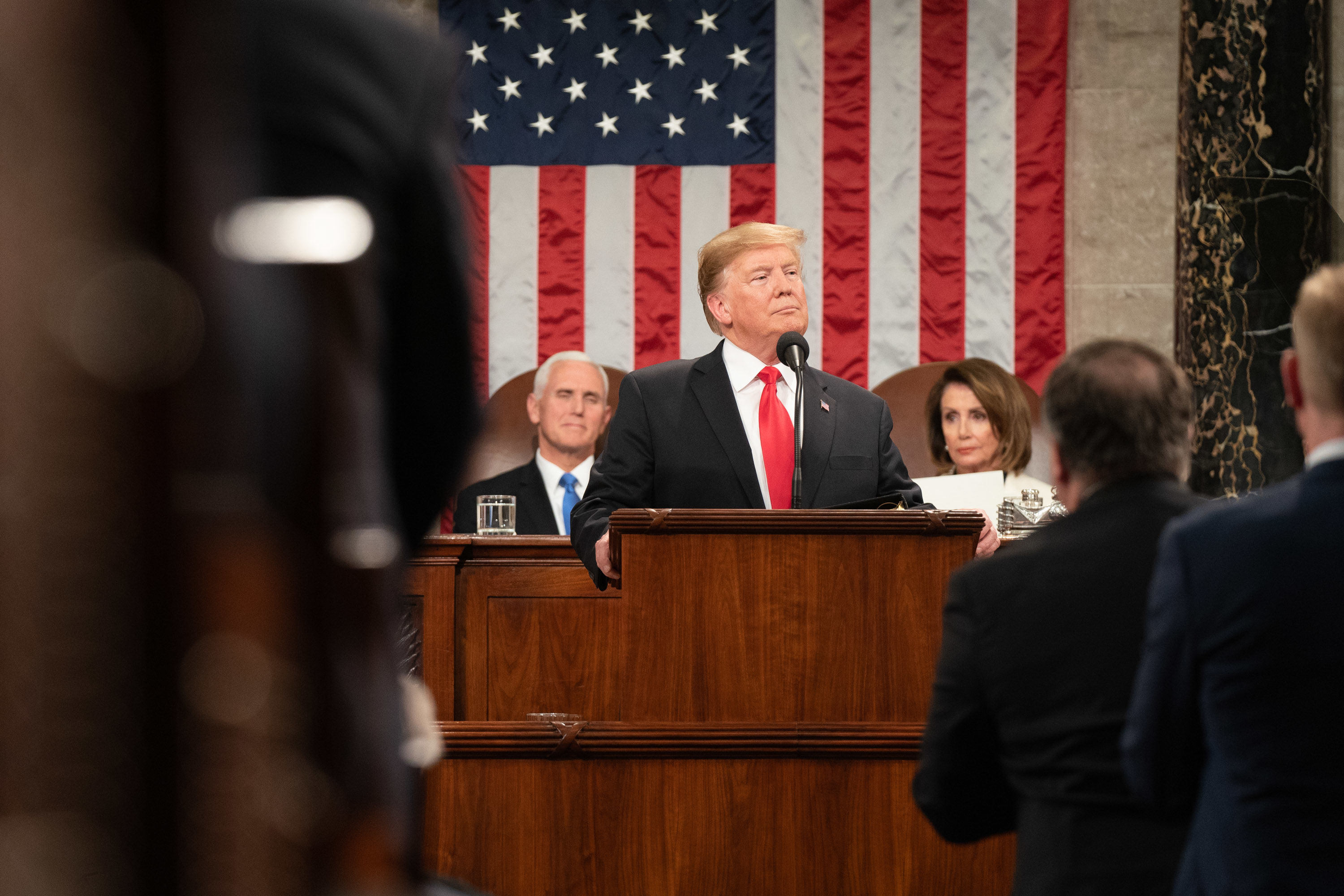Limited Government Group Slams Trump Social Media Reg Effort
Said it is wrong in half dozen ways

The smarter way to stay on top of the streaming and OTT industry. Sign up below.
You are now subscribed
Your newsletter sign-up was successful
Limited government group Americans for Prosperity is telling the FCC to reject President Trump's effort to regulate social media.
Related: CDT Says FCC Should Not Abet Trump Attack on Web
In initial comments due today (Sept. 2) on a petition by the National Telecommunications & Information Administration (NTIA) asking the FCC to come up with such a regulatory framework, the group gives the FCC a half dozen reasons why the NTIA petition should be rejected:
1. "The FCC has no authority under the Communications Act to regulate under Section 230, in which Congress speaks unambiguously.
2. "The NTIA misreads the current state of the law and bases its Petition off a fictitious legal landscape.
3. "NITA’s request for transparency rules would require the FCC to classify social media as information services, which is outside the boundaries of the Petition.
4. "There is no statutory authority for NTIA to petition the FCC.
The smarter way to stay on top of the streaming and OTT industry. Sign up below.
5. "Granting NTIA’s petition would threaten the success of the Commission’s Restoring Internet Freedom Order.
6. "This Petition is simply bad policy that would significantly disrupt free speech and commerce online."
The group said its legal comments were supported by some 2,000 comments from individual members asking FCC to deny the petition, though at press time the FCC web site count on comments filed stood at 843 over the last 30 days. It will actually be hard to come up with a count since the FCC appears to be counting multiple comments under one entry in some cases. The docket also includes some apparent test files and multiple filings under a single name.
The Sec, 230 petition filed by NTIA, the President's chief telecommunications policy adviser, and put out for comment by the FCC last month, is directed at Sec. 230 of the Communications Decency Act, which provides websites like Twitter and Facebook immunity from civil liability for most of the third-party content they host on their sites.
Related: Trump Officially Seeks Help in Regulating Edge
It came at the mandate of the President in his May executive order.
"Congress intended section 230 to address this difficult liability problem, but nothing in the law’s history, purpose or text allows for the conclusion that internet platforms should avoid all responsibility for their own editing and content-moderating decisions," NTIA said.
Republicans argue that some social media platforms have exploited that immunity to quell speech they disagree with.
NTIA's petition said the FCC should "use its authorities to clarify ambiguities in section 230 so as to make its interpretation appropriate to the current internet marketplace and provide clearer guidance to courts, platforms, and users."
"NTIA urges the FCC to promulgate rules addressing the following points:
1. "Clarify the relationship between subsections (c)(1) and (c)(2), lest they be read and applied in a manner that renders (c)(2) superfluous as some courts appear to be doing.
2. "Specify that Section 230(c)(1) has no application to any interactive computer service’s decision, agreement, or action to restrict access to or availability of material provided by another information content provider or to bar any information content provider from using an interactive computer service.
3. "Provide clearer guidance to courts, platforms, and users, on what content falls within (c)(2) immunity, particularly section 230(c)(2)’s “otherwise objectionable” language and its requirement that all removals be done in “good faith.”
Contributing editor John Eggerton has been an editor and/or writer on media regulation, legislation and policy for over four decades, including covering the FCC, FTC, Congress, the major media trade associations, and the federal courts. In addition to Multichannel News and Broadcasting + Cable, his work has appeared in Radio World, TV Technology, TV Fax, This Week in Consumer Electronics, Variety and the Encyclopedia Britannica.

